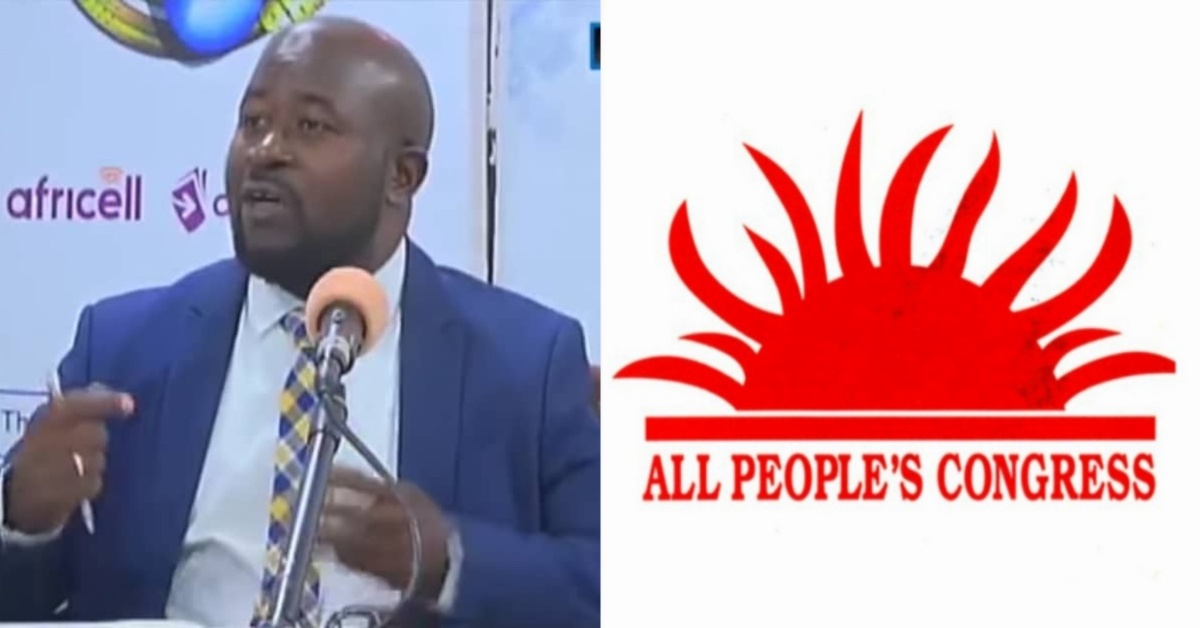In an interview on Radio Democracy, the APC representative stated that their party condemns the government’s agenda on the 5% rice price increase
In the beginning of his statement, he explained that the decision to impose a 5% increment on rice is untimely. He referenced how, during the global crisis in 2008-2009, the former government reduced the 5% tariff on rice despite the challenges at that time.
According to him, rice was sold at 100-200 Leones back then, and while the current government initially managed the 5% tariff, last year they added the 5% back, prompting his party to speak out against it.
He continued by saying that his party consistently warned the government about the negative impact this increase would have on the people.
“We told them that if they increased it by 5%, the importers would pass that cost onto the consumers. The government, however, insisted that they wanted to raise revenue,” he said.
He further criticized the government, stating that they cannot keep increasing taxes on the people while failing to provide them with employment. He pointed out that the price of rice was stable for 3 or 4 years, but now it has doubled.
He referred to a video where citizens expressed concern over the rice price increase, noting that people used to buy rice for 450-460 Leones but now it costs over 600 Leones. Previously, a cup of rice was sold for 5-6 Leones, but now it costs 6-8 Leones per cup. He stated that his party strongly opposes the 5% increment.
“The government claims that the additional funds will support their Feed Salone Initiative, but we warned them that this decision would severely impact the people. We told them that you can’t say you’re trying to ‘feed Salone’ while you’re essentially harming Salone,” he emphasized.
He also argued that the increase would impoverish the people even further.
The representative suggested that while the government could raise revenue, they should focus on reducing their expenditures, including cutting the wage bill, scaling down unnecessary offices, reducing the president’s travel expenses, and limiting the purchase of expensive vehicles for ministers and directors.
“You cannot have a Ministry of Environment and also have an Environmental Protection Agency.
You cannot have a Ministry of Finance and a Ministry of Economic Development when they used to be one. Similarly, the Ministry of Social Affairs and the Ministry of Gender Affairs were once one, but now they’re separate.
These are examples of prudent financial management that could help the government meet its expenditures without increasing the burden on the ordinary people,” he concluded.












I really love this particular speech may Allah continue to bless the speaker and I can also pray for papa government because things are very hard nowadays. Let the price of rice be decrease instead of increasing it. Sorry for any inconvenience I have caused.
The Bio led government doesn’t care how the citizens feel about the present economic situation in the country, they only care about enriching themselves.
Our country! i really don’t understand how things are changing very quickly. Government should consider the us the vulnerable people of Sierra Leone